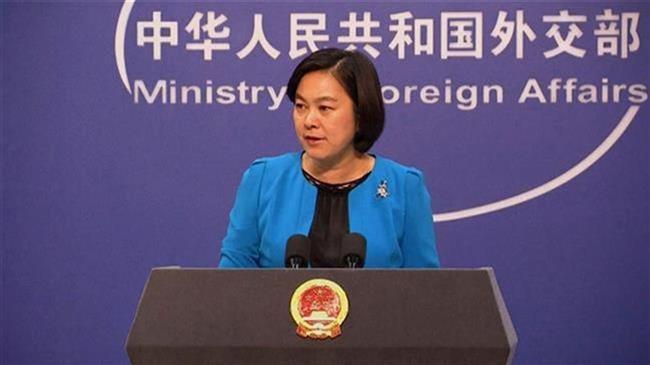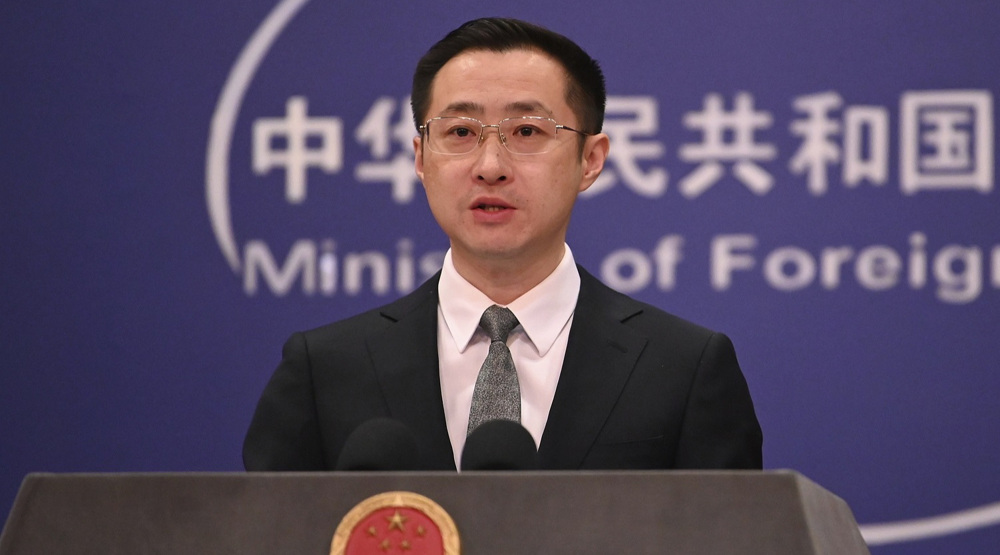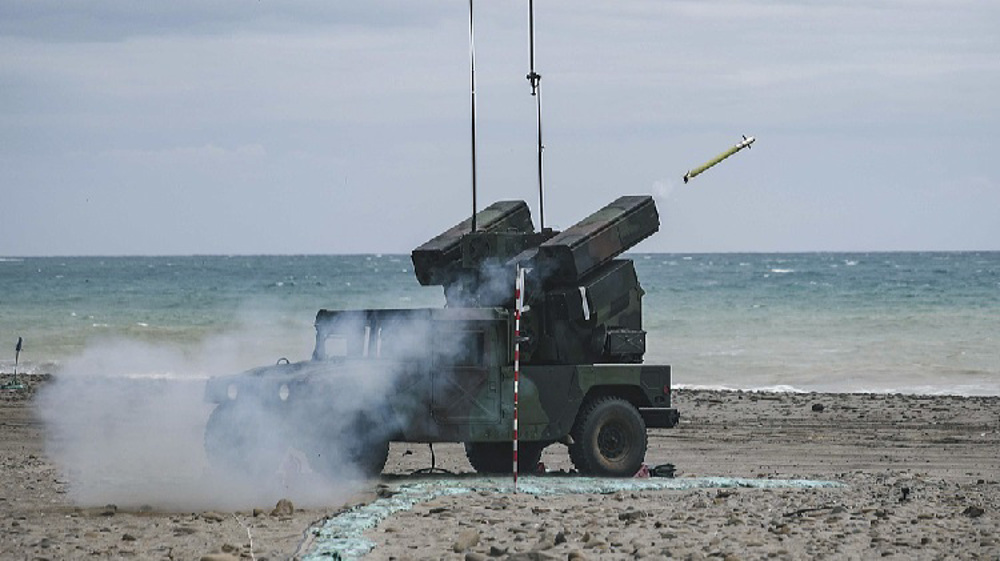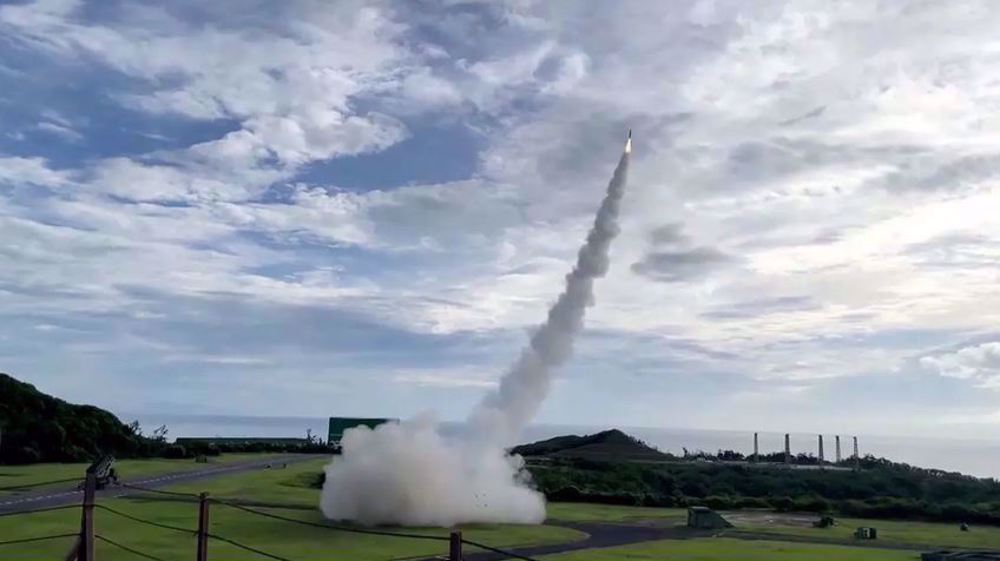China: US must return to JCPOA unconditionally, resume compliance
China has called for an ‘unconditional’ return of the United States to the 2015 nuclear deal with Iran, officially known as the Joint Comprehensive Plan of Action (JCPOA), and resumption of Washington’s compliance with its obligations under the accord.
Chinese Foreign Ministry spokeswoman Hua Chunying made the comments at a news briefing in the capital Beijing on Monday, as she reacted to a recent call by Germany, one of the European signatories to the JCPOA, for a “nuclear deal plus” with Iran that would also include its defensive missile program and regional role.
German Foreign Minister Heiko Maas said last week that a renegotiation of the 2015 deal was needed “because we distrust Iran” and “a return to the previous agreement will not be enough.”
Addressing the news briefing in Beijing, Hua described the nuclear deal as “highly complex and sensitive,” adding that its implementation should be the precondition of any political and diplomatic solution to the nuclear issue.
“We hope all parties will bear in mind the big picture, always remain calm and exercise restraint, consolidate consensus to preserve the JCPOA, and push for the unconditional return of the US administration to this deal as soon as possible as well as resumed compliance, including the lift of all relevant sanctions,” the Chinese Foreign Ministry spokeswoman underlined.
Earlier in the day, Iranian Foreign Ministry Spokesman Saeed Khatibzadeh responded to the German foreign minister’s demand for a renegotiation, adding that the German minister's demand was in fact a new push to achieve what Washington’s “maximum pressure” campaign against Tehran had failed to fulfill.
Khatibzadeh said the European trio of JCPOA signatories -- Germany, UK, and France - needed to begin making up for their past mistake of bowing to Washington’s pressure and violating the deal, instead of making new demands from Iran.
Iran signed the JCPOA with six world powers — namely the United States, France, Britain, Russia and China plus Germany -- back in 2015.
Washington’s unilateral withdrawal in May 2018 and the subsequent re-imposition of sanctions against Tehran left the future of the historic agreement in limbo.
Iran remained fully compliant with the JCPOA for an entire year, waiting for the co-signatories to fulfill their end of the bargain by offsetting the impacts of American bans on the Iranian economy.
But as the European parties failed to do so, the Islamic Republic moved in May 2019 to suspend its commitments under Articles 26 and 36 of the deal covering Tehran’s legal rights.
Iran took five steps in scaling back its obligations, among them abandoning operational limitations on its nuclear industry, including with regard to the capacity and level of uranium enrichment.
All those measures were adopted after informing the International Atomic Energy Agency (IAEA) beforehand, with the agency's inspectors present on the ground in Iran.
VIDEO | Press TV's news headlines
Iranian satellites launched into space as private sector debuts in space industry
VIDEO | Iran, Azerbaijan conduct joint maritime rescue operations
VIDEO | Yemen’s Red Sea divide: Naval forces block Israeli-linked ships in strategic ‘parting of the water’
VIDEO | Southern Gaza: Israel’s facade for famine and suffering
VIDEO | IOF hampering humanitarian aid
VIDEO | Sharmahd: Justice Done
Iran repeatedly warned Israel not to test its will: FM













 This makes it easy to access the Press TV website
This makes it easy to access the Press TV website